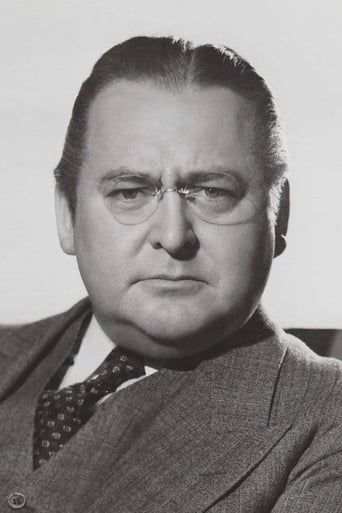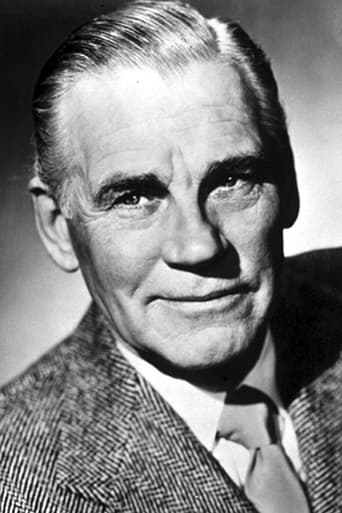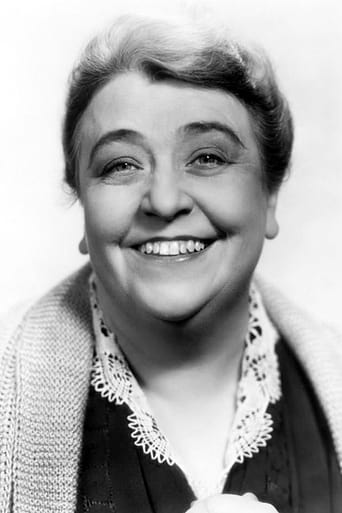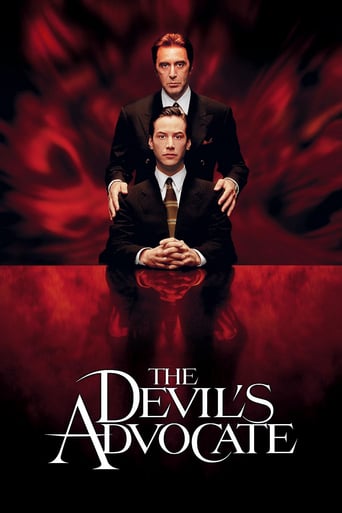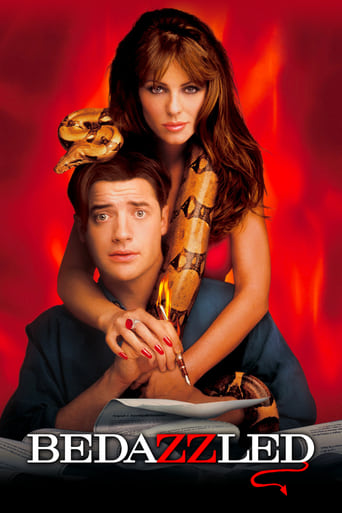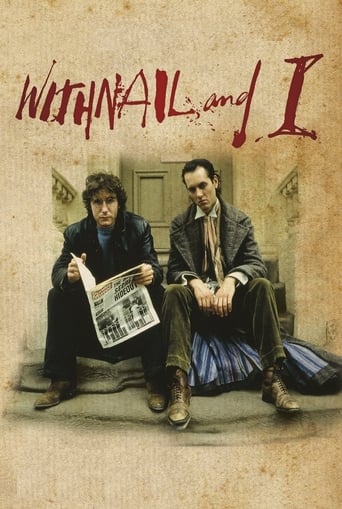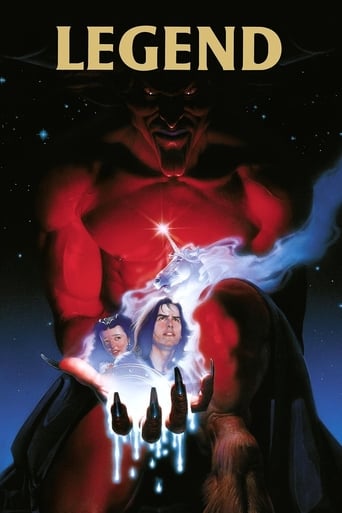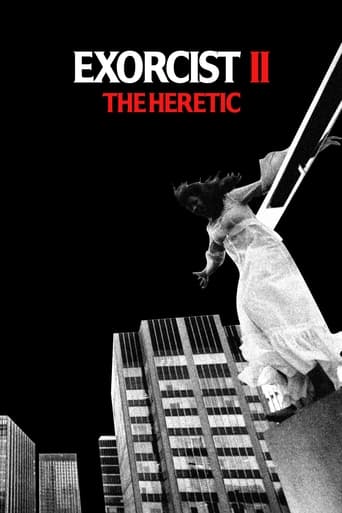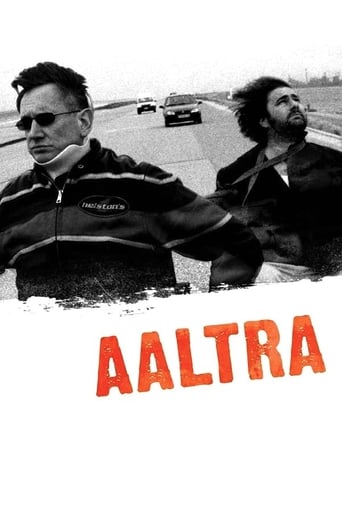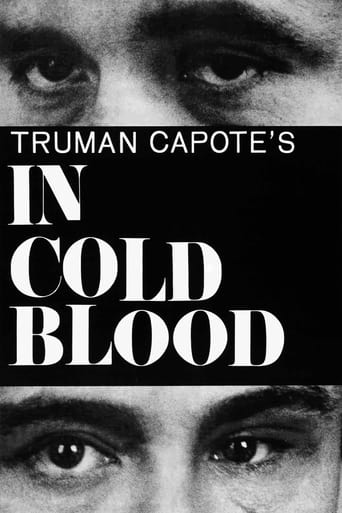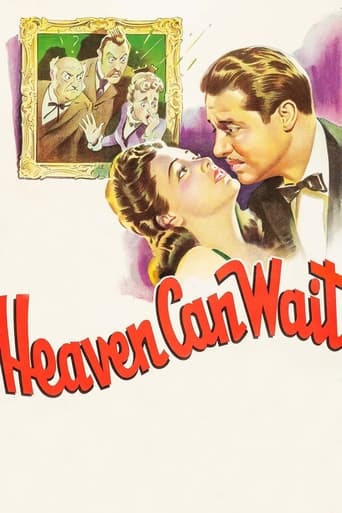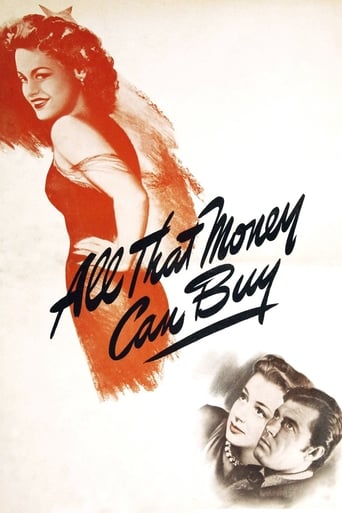
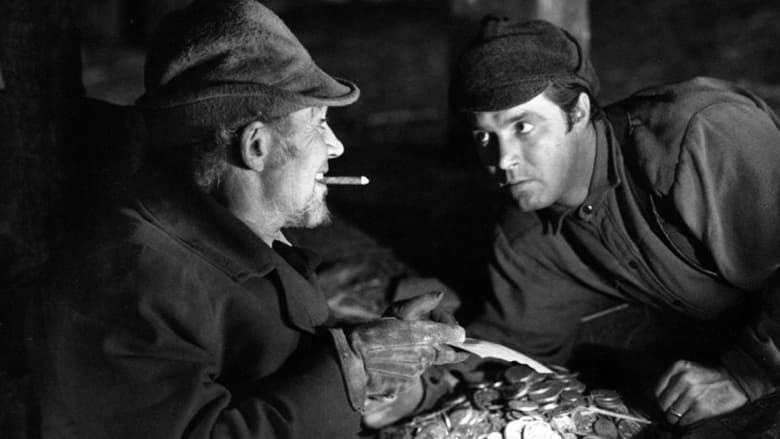
All That Money Can Buy (1941)
Farmer Jabez Stone, about to lose his land, agrees to sell his soul to the devil, known as Mr. Scratch, who gives Jabez seven years to enjoy the fruits of his sale before he collects. Over that time, Jabez pays off his debts and helps many neighboring farmers, then becomes an advocate for the upstanding Sen. Daniel Webster. When Jabez's contract with Mr. Scratch concludes, he desperately turns to Webster to represent him in a trial for his soul.
Watch Trailer
Cast
Similar titles
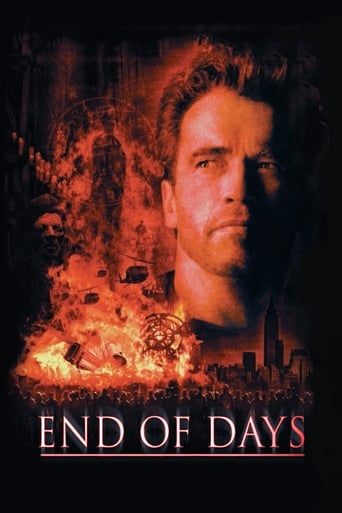
Reviews
Such a frustrating disappointment
Highly Overrated But Still Good
Admirable film.
It's the kind of movie you'll want to see a second time with someone who hasn't seen it yet, to remember what it was like to watch it for the first time.
Hollywood at its peak had a love/hate relationship with the so-called "fantasy" genre. Sometimes they worked, sometimes they didn't. Thankfully this did not stop the studios from continuing to try. Looking at films like this, one is tempted to borrow the nomenclature of the modern economists who, when forced to admit that they have no idea why a particular thing happened, will simply call it a "Black Swan" event. This film therefore if one of RKO's Black Swans, a film with modest ambitions that, from the very first scene to the very last, draws in the viewer and takes him on a wild ride. Other reviewers here have talked about plot, and that is covered. Most readers I suspect would be familiar with either the original Daniel Webster tale or Faust itself. Or at least should be. The acting is stellar, especially Huston who, in his own way, delivers a screen presence here as memorable as a Welles or a James Earl Jones. His portrayal of Old Scratch, his body language, is a sight to behold. The real credit here goes to William Dieterle, who clearly had a "vision" of how this film should look and feel before even the first reel was in the camera. It is an astonishing experience, almost the mid-point between a dream and a stage-play. Hollywood produced maybe 10 fantasies of this calibre in this period (including Death Takes a Holiday and Here Comes Mr. Jordan). They all deserve to be seen, and remembered.
WARNING: SOME SPOILERS POSSIBLE!!!I saw this movie the first time at about age 11 when it was shown on TV in the mid-1950s one night and I have never forgotten it! This is a first-rate movie based on an age-old premise, but handled extremely well in all respects.The black and white cinematography was common for movies of that era, but was a perfect vehicle for this story. Color would have taken away the focus and starkness of this age-old tale. The story is played out simply but in a manner in that the events do not drag its pace and the viewer can only feel the trap closing slowly on rusty hinges. The casting is spot-on perfect, especially the two antagonists, which recalls the verbal battle between Spencer Tracy and Frederick March in "Inherit the Wind", made two decades later. Veteran actor Walter Huston is quintessentially cast as the wandering hobo with the ancient coin purse. As the father of great director John Huston, and grandfather of actress Angelica Huston, he acquits himself quite well indeed. His handling of the pivotal character is neither sensational nor campy, and one tends to forget that this is an actor playing a part as one is drawn into the danger and low-grade suspense that never quite lets go.The sets, props, costumes, and background music all contribute to an overall eerie and atmospheric rendering of post-revolutionary New England rural life. It may have been filmed on a Hollywood sound stage (location filming was rarely done in the 1940s), but all of this is forgotten as the story envelopes the air space around the viewer.What impressed me most of all was the handling of the dead souls in the story. They were portrayed as a completely powerless mass of former humanity, who had become puppets by their own folly during their lives. They had all committed the same capital error as young Jabez Stone and were forever stuck in an eternity of paying for that single mistake, but were totally unable to warn the desperate but naive farmer of his own impending folly. The filmmakers did a perfect job of grouping most of the masses into a filmy gray and almost blurry moving image, without any individuality, only just able to "whisper" with their voices. I can remember it giving me goose flesh while I was watching it, driving home to me the message of impending doom awaiting one after a life time of trying to find the "easy way" to riches or out of trouble.I highly recommend this movie. It accomplishes its story telling without profanity or abject violence. It only very vaguely implies the off screen temptation of adultery that will float over the heads of most children and be lost in the plot line. This is a true family film that delivers a few strong moral lessons in greed, incivility, and the virtue of hard work,all accomplished without being preachy. Watch it as a family group with some hot apple cider, popcorn, candy, and fresh apples and nuts for snacks. Very highly recommended, as a perfect example of the kind of movies made in Hollywood in its "Golden Era".
Shades of Citizen Kane! This little-known gem was made at RKO about the same time as Citizen Kane, and utilized the same outstanding composer, Bernard Hermann, and the same incisive editor, Robert Wise--and every so often a shadow, a rapid cut, a mood will echo the Orson Welles classic.Though not in the same league, this little-seen gem is a classic unto itself, as Webster battles the devil for a man's soul. Angelica Huston's grandfather, Walter, gives the definitive portrayal of a modern rustic Satan ("Scratch"), fiendish craftiness personified, who tempts Jabez Stone with "All That Money Can Buy" (one of the original release titles of the film). James Craig, usually wasted as a second fiddle in MGM romantic roles, here gives his definitive performance as a justifiably Jabez, a jumpy hero, and Edward Arnold, Jane Darwell and Anne Shirley are memorable in this strange early American saga, an often haunting mix of distinctive cinematography, haunting music and memorable performances.
A farmer sells his soul to the devil for seven years of prosperity. What the film has going for it are impressive cinematography and Herrmann's Oscar-winning score. The cast is also notable, although the acting is uneven. The film can't seem to decide whether it's a comedy or a drama. While the Faustian plot device sets up an interesting premise, the payoff is not there, with an unsatisfying conclusion where the farmer is defended by statesman Daniel Webster in an informal trial. As the giggling devil, Huston is rather silly and one-dimensional. The transformation of Craig from a decent fellow to a jerk, hastened by the arrival of the devilish Simon, is not convincing.
